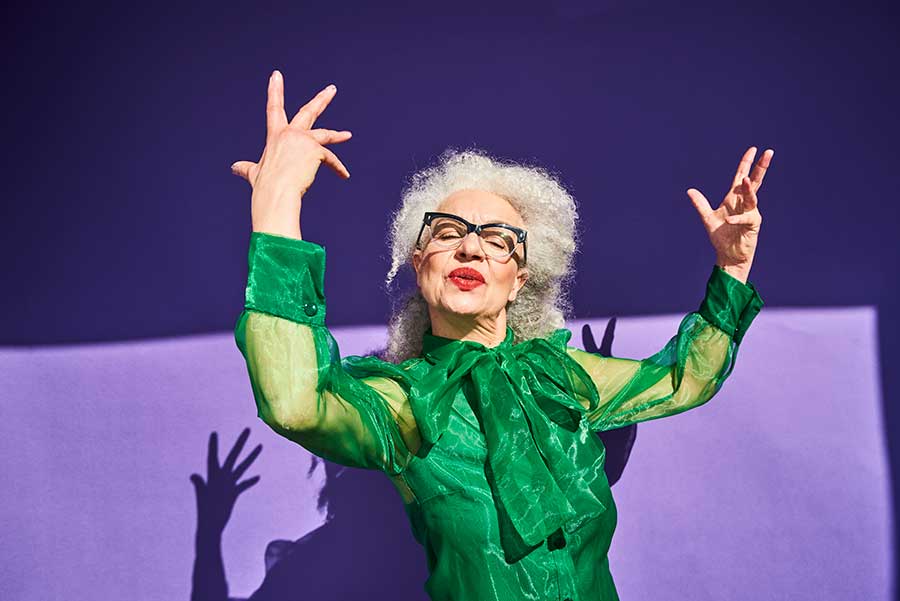Do you play that game of “Is she my age?” as you go about daily life … looking at other women and trying to calculate their age based on varied indicators like skin condition, ease of mobility, and clothing style? It’s a game many of us play, but the interesting truth is, there are two ways to consider our age.
Each of us knows the age we have chronologically speaking, but then there is the age we feel. Some 75-year-olds move through the world with no knee pain, no sighing as they sit down or stand up, no bevy of medicine bottles to take with meals. Some 50-year-olds are not as lucky.
According to a recent article in the New York Times, researchers are gaining intel onto these discrepancies by reviewing what are called “age-related biomarkers” and capturing dimensions like how elastic one’s skin is, how strong one’s grip is, and how one’s blood pressure and lung capacity rate.
Read More: How I Got In the Best Shape of My Life After 50
Age is Just a Number, Right?
But, say the experts, there’s another key component to the equation: a simpler way to determine what shape a person is in. Dubbed “subjective age,” it involves an individual’s self-assessment when asked, “How old do you feel most of the time?”
“This simple question seems to be particularly powerful,” said Antonio Terracciano, a professor of geriatrics at Florida State University College of Medicine in Tallahassee. Scientists have discovered that those who say they feel younger than their actual age are usually in better health (physically and emotionally) than those who feel older—with the negative connotations we typically place on that. People who feel younger than their years achieve better results on memory tests and have a lower odds of experiencing cognitive decline.
It’s heartening that 80 percent of people over the age of 40 feel younger than their years, but if you don’t, there are steps you can take to glean the benefits of that sensation (let’s sideline the debate about why the term “old” has so much negativity associated with it, at least for now). Making changes like eating well; losing weight; and working to gain strength, flexibility, and endurance—all of these can help keep physical deterioration in check. Also, embracing the positive gains of age—wisdom and self-knowledge, for starters—can help boost one’s mood and outlook. According to Tracey Gendron, MD, a gerontologist at Virginia Commonwealth University, we tend to become happier and more satisfied with our lives as the years pass.
Read More: Ageism on Social Media is Rampant—Even Martha Stewart and Helen Mirren Are Targets





















0 Comments